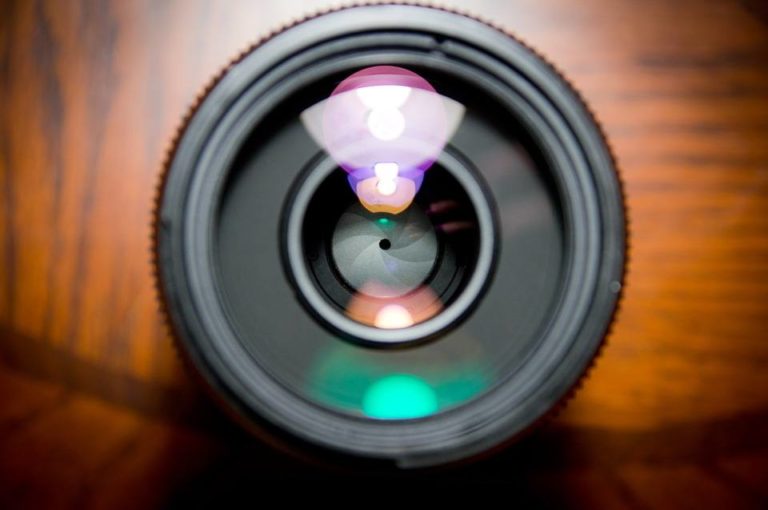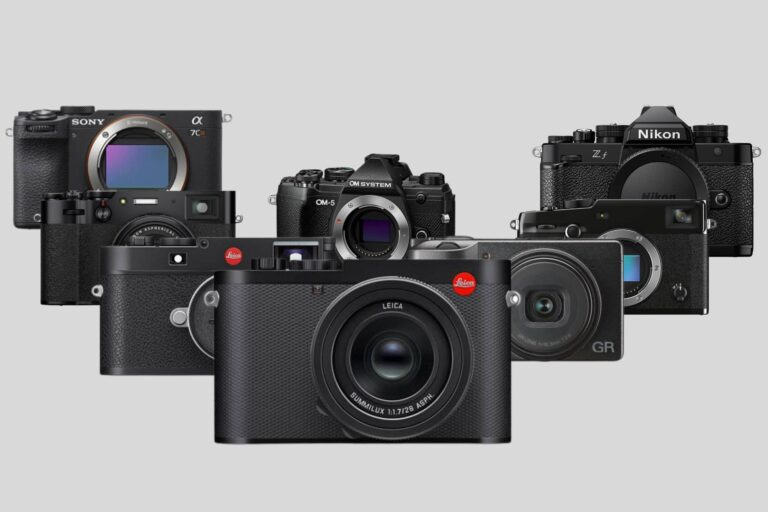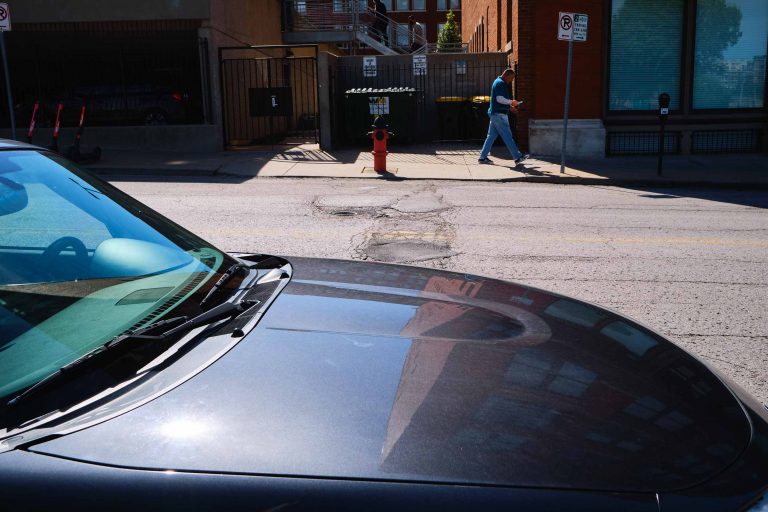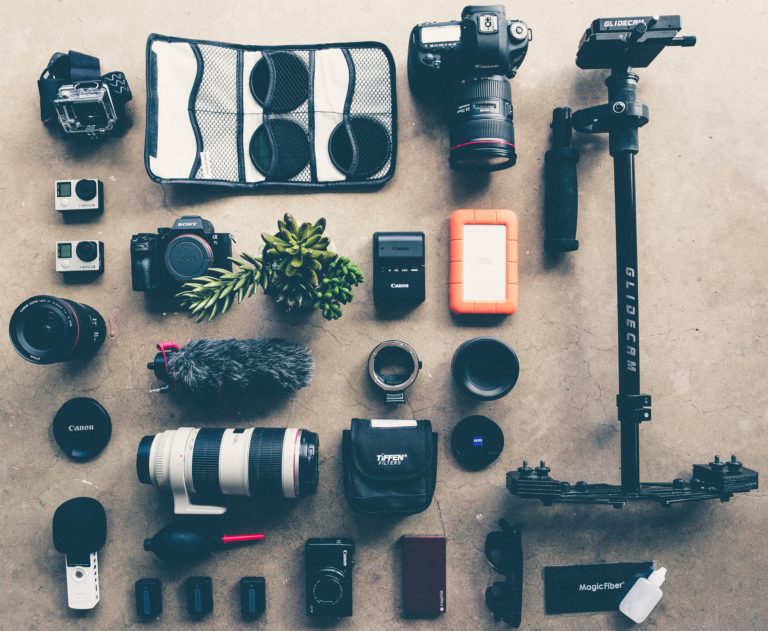Should You Go Full Frame?
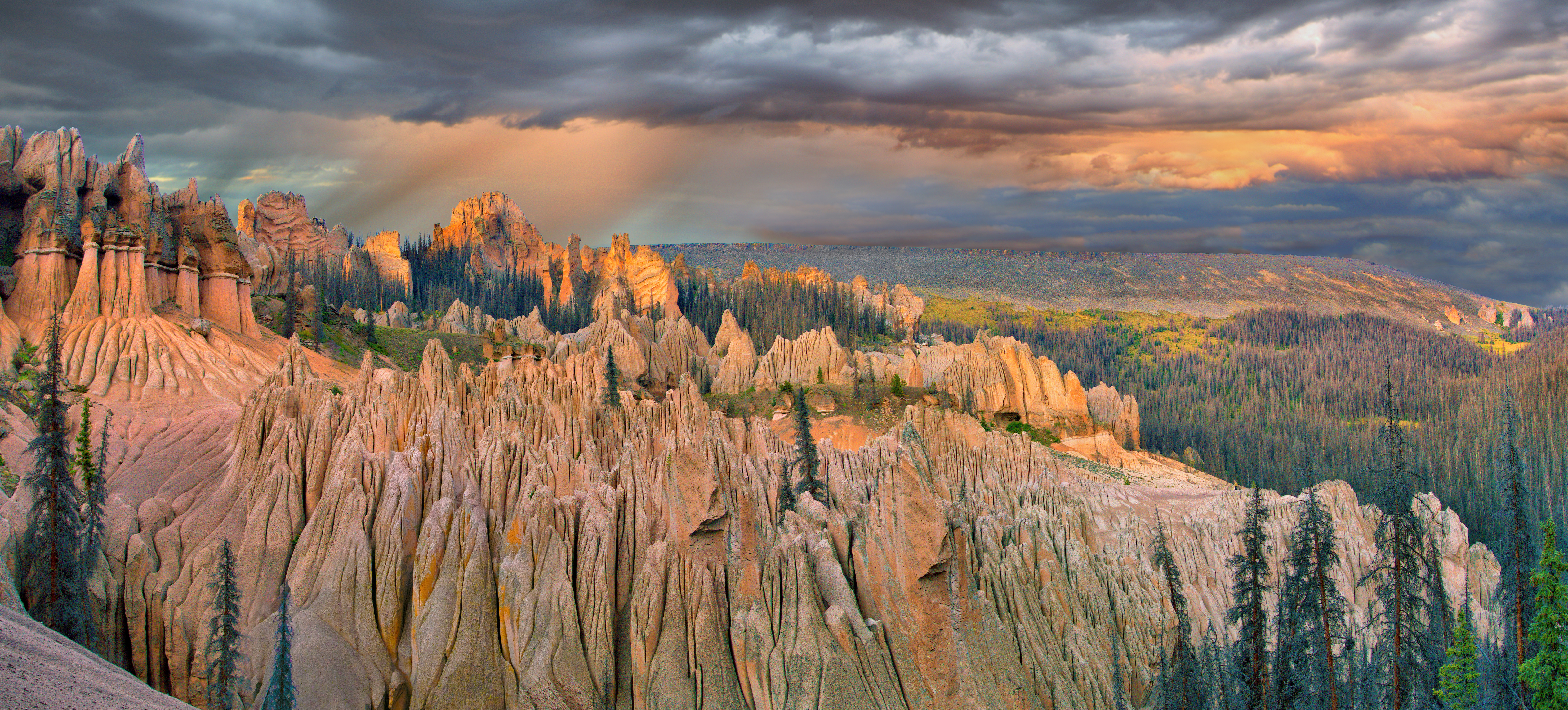
There’s a lot to like about cameras with full frame sensors: they have excellent image quality, work well in low light situations and are capable of producing shallower a depth of field than digital cameras with smaller sensors.
But that doesn’t necessarily mean that a full frame camera is the optimal choice for photographers across the board.
If you’re asking yourself “should I go full frame?” the answer may not be so cut and dry. But let’s look at the reasons for and against going full frame.
Reasons FOR Going Full Frame
-Improved image quality: the larger the sensor size, the more detail it will be able to capture. It’s not a given that if you switch from an APS-C camera body that you’ll get better image quality with a full frame (it depends on which camera you’re switching from and to), but chances are likely that your image quality will improve.
-Improved depth of field control: larger camera sensors allow you to capture a shallower depth of field, giving you more options for how shallow you want to go. Being able to have a shallower depth of field means you have more options for creative portrait photography.
-Better dynamic range: with full frame sensors, you’re able to capture a wider dynamic range. Essentially you’re able to register colors closer to their true shade and you deal with less issues that come with light and dark areas of images. This also allows you more leeway in post to fix things if you didn’t get something right in-camera.
-Better low light performance: the larger pixel sizes of full frame sensors are able to take in more light than those of small sensors. That means better high ISO performance and less digital noise in your images.
-Better and more professional lens selection: the big players that manufacture DSLRs have some excellent crop sensor DSLRs, but you’ll notice when you go to put lenses equivalent to what you get with full frame options, they fall short. It’s great that you can get high performance crop sensor DSLR camera bodies these days, but what’s the point if you don’t have the glass to put on them?
Reasons AGAINST Going Full Frame
-Bulk and weight: When you put a full frame sensor into a camera body, everything gets larger to accommodate it. With that larger size comes more weight. Adding a few ounces here and there might not seem like such a big deal on paper but put that camera around your neck/shoulders for an entire day and you might start changing your tune.
-Thought a mirrorless full frame camera would solve your size/weight problems? Think again. I think we all had seriously high expectations about just how compact full frame camera bodies could be when Sony started putting them in mirrorless cameras. But over the years it’s become apparent that the lenses required for mirrorless full frame cameras are not going to be much smaller if at all compared to the lenses for DSLRs. Unfortunately you can’t get around physics in optics.
Conclusion
So should you go full frame? Well ultimately that’s up to you, your budget and what you plan on using the camera for.
If you’re coming from a crop sensor camera and you do photography such as portraits or landscapes, I would consider going full frame for the increased detail and resolution.
If you do photography like street photography or sports, I see no problem staying where you’re at given you have sufficient and good enough lens selection for the system you use.
What do you think – are you going full frame or sticking with crop sensor? Continue the discussion in the comments below.


